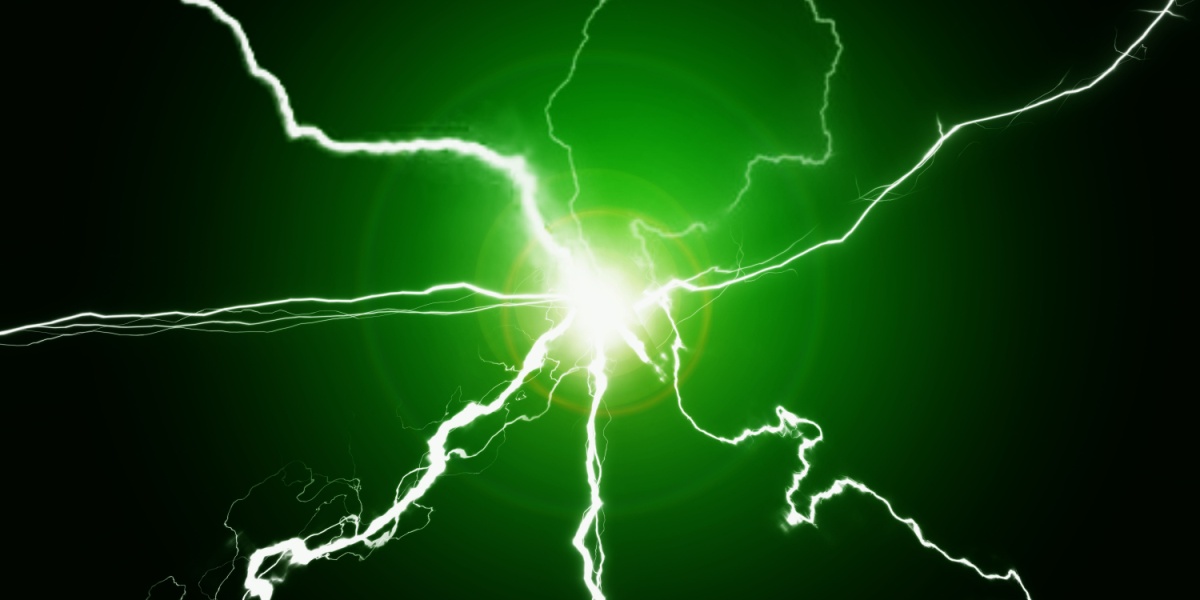Brain zaps are an unsettling yet common symptom of antidepressant withdrawal. These sudden, shock-like sensations in the head can occur when discontinuing medications, particularly SSRIs and SNRIs. While their exact cause remains unclear, researchers believe they result from serotonin changes and disrupted neural activity.
This article explores what brain zaps feel like, the medications most commonly associated with them, and how to manage symptoms effectively.
- Brain zaps are a recognized withdrawal symptom that can feel like electric shocks, buzzing, or dizziness, often triggered by stopping antidepressants.
- They are linked to serotonin dysregulation, especially with SSRIs and SNRIs, and are more common with short half-life medications like Paroxetine and Venlafaxine.
- Tapering antidepressants gradually under medical supervision is the best way to reduce brain zaps, and symptom management strategies can ease discomfort.

What are brain zaps?
If you've ever experienced sudden, electric shock-like sensations in your head while discontinuing antidepressants, you're not alone. These sensations, commonly referred to as "brain zaps" "brain shocks" "brain shivers" or "brain flips," are recognized withdrawal symptoms associated with certain antidepressant medications. Although not fully understood, brain zaps can be unsettling and sometimes debilitating. [1]
This article explores what brain zaps feel like, their possible causes, the antidepressants most commonly linked to them, and available treatments to help manage them.
What brain zaps feel like
Brain zaps are often described as:
- Electric shocks or jolts inside the head
- A buzzing or tingling sensation in the brain
- Sudden dizziness or lightheadedness
- A brief moment of disorientation
- Sensory disturbance
- A sensation of "whooshing" in the brain
- A feeling that the brain is being momentarily "reset" [1][2]
These symptoms can last a split second to several minutes and may occur sporadically throughout the day. Some individuals report that brain zaps worsen with movement, such as side-eye movements, turning the head quickly, or standing up too fast. [2]
While brain zaps are not dangerous, they can be distressing, especially if they interfere with daily activities, work, or sleep.
Causes of brain zaps
The exact cause of brain zaps is still being studied, but researchers believe they result from changes in neurotransmitter activity—specifically serotonin dysregulation—during antidepressant withdrawal. [2]
How antidepressants affect brain chemistry
The brain operates on both chemical (neurotransmitters) and electrical (action potentials) signals. While neurotransmitters control communication between neurons, electrical impulses regulate activity within neurons.
Antidepressants, particularly selective serotonin reuptake inhibitors (SSRIs) and serotonin-norepinephrine reuptake inhibitors (SNRIs), work by increasing the levels of the neurotransmitter serotonin in the brain. Suddenly stopping SSRIs or SNRIs causes serotonin levels to drop, possibly triggering erratic electrical signals, perceived as brain zaps. [2]
Which antidepressants have been linked with brain zaps?
Brain zaps have been reported most frequently in people discontinuing SSRIs, SNRIs, and other antidepressants that affect serotonin. [2] Below is a list of antidepressants commonly linked to brain zaps:
SSRIs
- Paroxetine (Paxil, Pexeva)
- Sertraline (Zoloft)
- Fluoxetine (Prozac, Sarafem)
- Escitalopram (Lexapro)
- Citalopram (Celexa)
SNRIs
- Venlafaxine (Effexor XR)
- Duloxetine (Cymbalta)
- Desvenlafaxine (Pristiq, Khedezla)
Atypical antidepressants and other medications
- Bupropion (Wellbutrin, Zyban) – While not an SSRI/SNRI, some individuals report brain zaps after discontinuation.
The likelihood of experiencing brain zaps seems to depend on the half-life of the drug. Antidepressants with a shorter half-life (such as Paroxetine and Venlafaxine) leave the body more quickly, which increases the risk of withdrawal symptoms like brain zaps. [2]
Other antidepressant withdrawal symptoms
Brain zaps are often part of antidepressant withdrawal syndrome, sometimes referred to as "antidepressant discontinuation syndrome." [3] Other withdrawal symptoms may include:
- Dizziness or vertigo
- Nausea and gastrointestinal distress
- Fatigue and lethargy
- Headaches
- Insomnia
- Vivid dreams
- Anxiety, irritability, or mood swings
- Sweating or temperature dysregulation
- Flu-like symptoms (body aches, chills, fatigue)
While symptoms typically last for a few weeks, some individuals experience prolonged withdrawal symptoms, a condition known as post-acute withdrawal syndrome (PAWS). [3][4]
Treatment for brain zaps
While brain zaps can be frustrating, they are usually temporary and will resolve as the brain adjusts. However, there are ways to manage symptoms and ease discomfort.
Coping with brain zaps at home
If you're experiencing brain zaps, the following strategies aid in maintaining brain health and may assist with preventing brain zaps:
- Gradual tapering: If possible, taper off antidepressants slowly and under medical supervision to minimize withdrawal symptoms.
- Stay hydrated: Dehydration can worsen withdrawal symptoms of any kind, so ensure you're drinking enough water.
- Supportive supplements: Some people find relief from omega-3 fatty acids (found in fish oil) or magnesium, which support brain health and nerve function. However, always consult a doctor before taking supplements (vitamins, minerals, herbs, or any other form), as they may interact negatively with other medications or supplements.
- Avoid caffeine and alcohol: Stimulants and depressants can exacerbate withdrawal symptoms, including brain zaps.
- Engage in gentle exercise: Light activity, such as walking or yoga, may help regulate brain chemistry and improve symptoms.
Medical attention for brain zaps
If brain zaps persist for weeks or are severely impacting your quality of life, you may need medical intervention. Options include:
- Adjusting the tapering schedule: If withdrawal symptoms are severe, your doctor may recommend slowing the taper or switching to a different medication with a longer half-life, such as Fluoxetine (Prozac), before stopping completely. A longer half-life means the medication stays in your body for a longer time, so this can ease the tapering process.
- Temporary reinstatement: In some cases, restarting the medication at a low dose and tapering even more slowly can help reduce symptoms. [2]
- Medications for common symptom relief: In rare cases, doctors may prescribe medications like benzodiazepines (for anxiety and insomnia) or antihistamines (for dizziness) to ease withdrawal symptoms.
Final Thoughts
Brain zaps are a common but poorly understood withdrawal symptom when discontinuing antidepressants, particularly SSRIs and SNRIs. While they are not dangerous, they can be distressing, especially when combined with other withdrawal effects.
The best way to prevent brain zaps is to taper off antidepressants gradually under a doctor’s supervision. If you are struggling with withdrawal symptoms, don’t hesitate to seek medical advice—discomfort can be managed and minimized.
If you or someone you know is struggling with antidepressant withdrawal or addiction, reach out to a healthcare provider or addiction specialist for guidance. You don’t have to go through it alone.




-guide-detail.jpg?v=1722503424)